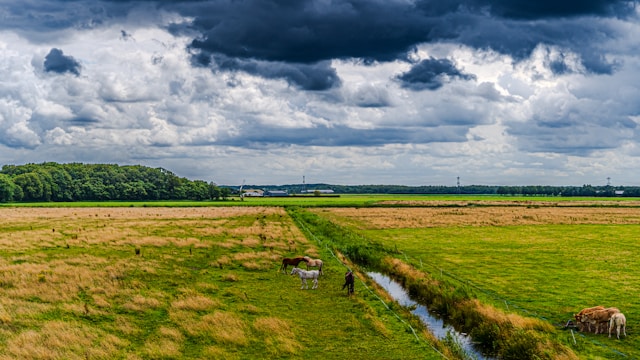BeReal - a “real” glimpse into your life. The concept of BeReal as a social media platform is simple: Every day, users receive a randomly timed notification to take a photo with their smartphones’ front and rear camera within the next two minutes. Only then are they allowed to see what their friends are up to. This is supposed to guarantee that people give a “real” insight into their daily lives, as opposed to the overly perfect and curated nature of platforms such as Instagram and Facebook. To date, this attracted more than 23 million daily global users.
BeReal does not accept rejections. As it must, BeReal tries to differentiate itself from Instagram and alike. Unfortunately, it also tries to pressure people into being tracked. Since July 2024, European BeReal users have been confronted with a consent banner as soon as they open the app. While at first glance, it appears that users have a convenient choice, it quickly becomes clear that this choice is not intended by BeReal. If you accept the use of your personal data for advertising purposes, you won’t see the banner again. If you click “accept”, the app will never ask you again. If you “refuse”, however, the banner will reappear every single day when you try to publish a post. This is a prime example of a so-called dark pattern, designed to manipulate the users’ decision and annoy them into consent. Overall, BeReal seems to be unable to take a “rejection” when it comes to European’s right to privacy.
Lisa Steinfeld, Data Protection Lawyer at noyb: “BeReal’s nudging tactics are particularly absurd. When first confronted with the consent banner, users get the impression that the app actually respects their choice – only to find out that BeReal actually won’t take no for an answer. It is obvious that BeReal is trying to pressure users into consenting to tracking.”
Deceptive design. The European Data Protection Board (EDPB) has already addressed dark patterns similar to those used by BeReal in guidelines from 2022. When repeatedly prompted to consent, “users are likely to end up giving in as they are wearied from having to refuse the request each time they use the platform,” the authority writes. In other words: Consent isn’t freely given and therefore invalid.
Lisa Steinfeld, Data Protection Lawyer at noyb: “The GDPR makes it crystal clear that consent is only valid if it’s freely given. Unfortunately, BeReal doesn’t seem to care and would rather pressure people to give their consent even if they don’t want to be tracked.”
Complaint filed in France. noyb has now filed a complaint with the French data protection authority (CNIL). BeReal’s daily attempt to pressure its users into accepting the tracking for personalised advertising has a significant impact on user behaviour. Consent given under these circumstances is not freely given, which means it doesn’t meet the requirements established in Article 4(11) GDPR. noyb requests the CNIL to order BeReal to bring its processing into compliance and erase the complainant’s personal data. Finally, noyb suggests the CNIL to impose an administrative fine to prevent similar violations in the future.
Gerelateerd nieuws

Racistische leuzen in de openbare ruimte: zichtbaar onrecht, bestuurlijke stilte

Nieuwe Europese regels voor het vernietigen van onverkochte producten: wat betekent dit?

Wie durft nog raadslid te worden?

Stapeling van klimaatdreigingen vraagt om integrale voorbereiding en respons
Omgeving
